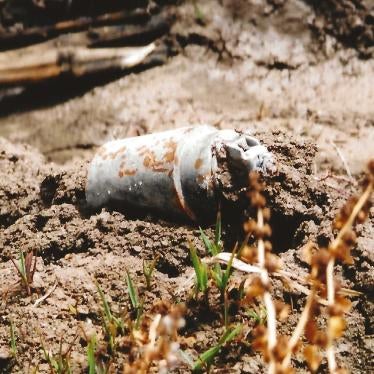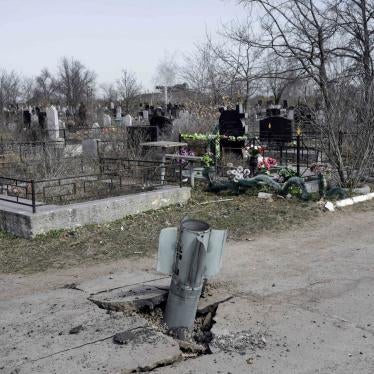Thank you for the floor, Mr. Chairman.
For the past three years, we have often heard that the work of the CCW on cluster munitions is a useful and complementary parallel process to the Oslo Process that has produced the Convention on Cluster Munitions. As we sit here today, the dichotomy between the success and impact of the two processes could not be more stark.
In three years, the Oslo Process has developed a legally-binding treaty text, negotiated it, adopted it, opened it for signature, garnered 103 signatures (including Iraq yesterday), and 24 ratifications. It will hit its threshold of 30 ratifications shortly, triggering entry into force in mid-2010-an extremely rapid pace for a major international agreement. Plans are already well underway for the First Meeting of States Parties to be held in Lao PDR in November 2010. Signatories have already begun to implement the convention in very significant ways, even prior to entry into force, notably by beginning to destroy stockpiles. As Spain informed us earlier, it has already completed destruction!
Responding to the humanitarian dangers posed by cluster munitions, this extraordinarily far-reaching and comprehensive convention is racing forward with its life-saving provisions.
Meanwhile, the CCW is undeniably bogged down, if not hopelessly deadlocked. The uncomfortable facts are that after three years, there is not even agreement if you are negotiating a protocol or a "proposal." There is not a single, solid, broadly agreed upon draft text from which to negotiate. There are no indications that we can detect that the deep differences that have prevented progress thus far have narrowed-or will narrow in the future. One can only expect that further negotiations will result in an even weaker text next year.
States Parties have missed deadline after deadline after deadline after deadline. When does the cost in terms of precious time and money and damage to the CCW reputation outweigh the extremely limited prospect for a meaningful agreement? If States Parties cannot see that now, hopefully they will no later than next November.
Mr. Chairman, on the positive side, the work in the CCW has no doubt helped to educate all governments, has heightened awareness of the unacceptable dangers that cluster munitions pose to civilians, and has helped to move some states' positions in the right direction, in some cases quite significantly.
However, we do not believe that the best way to capitalize on these positives is to continue to pursue what appears to most observers to be an unattainable legally-binding protocol that will have a significant humanitarian impact.
It will be counter-productive to agree to a new protocol that sets far lower standards than the Convention on Cluster Munitions. This would set a bad precedent in international law, with states agreeing to a lesser standard after a higher standard has been accepted by a majority of the world's nations. It would undermine the norm-building effort to stigmatize the weapon. It would give some states an excuse not to sign the Convention on Cluster Munitions.
Instead, we urge states that are not yet ready to join the Convention on Cluster Munitions to consider, on the international level, the option of a politically-binding declaration that commits them to undertake measures of humanitarian benefit. This would follow the model of the declaration on MOTAPM (Mines Other Than Antipersonnel Mines) that was discussed this morning-a declaration that was agreed several years ago when it became clear that a protocol was not feasible.
Nationally, states not ready to join the Convention on Cluster Munitions should declare a moratorium or ban on export. The United States and Singapore have already done this. There is also the precedent of the Mine Ban Treaty, where virtually every country that has not yet comprehensively banned antipersonnel mines has stopped export of the weapon, including the US, Russia, China, India, Pakistan, Israel and others. States should also declare a moratorium or ban on production. Again, there is the Mine Ban Treaty precedent where non-States Parties such as Finland, Poland, Egypt, and Israel have stopped production.
States can also begin removing some cluster munitions from active inventories and start destruction, especially of those cluster munitions that have been shown to have the worst humanitarian impact. Many other positive national steps are possible.
But the best solution to the problems caused by cluster munitions is for all countries to join the Convention on Cluster Munitions as soon as possible. We urge all states to devote their diplomatic energies and other resources toward that objective.
Thank you.








